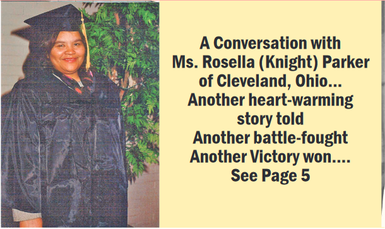Clark Funeral Home, Roanoke, Alabama
A Guided Digital Tour Of The Lives, Legacies and Works Of Wilkie And Hattie Lee (Peters) Clark as presented by their offspring: their only daughter, Mrs. Charlotte A. Clark-Frieson; grandson, Wilkie S. Frieson, and Granddaughter, Je'Lynn M. Frieson..
AN ALABAMA HISTORIC SITE

